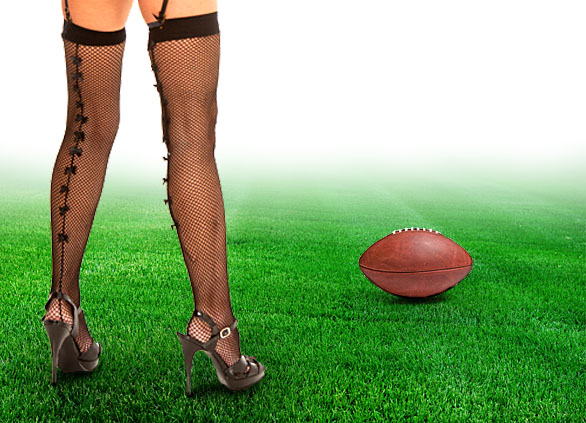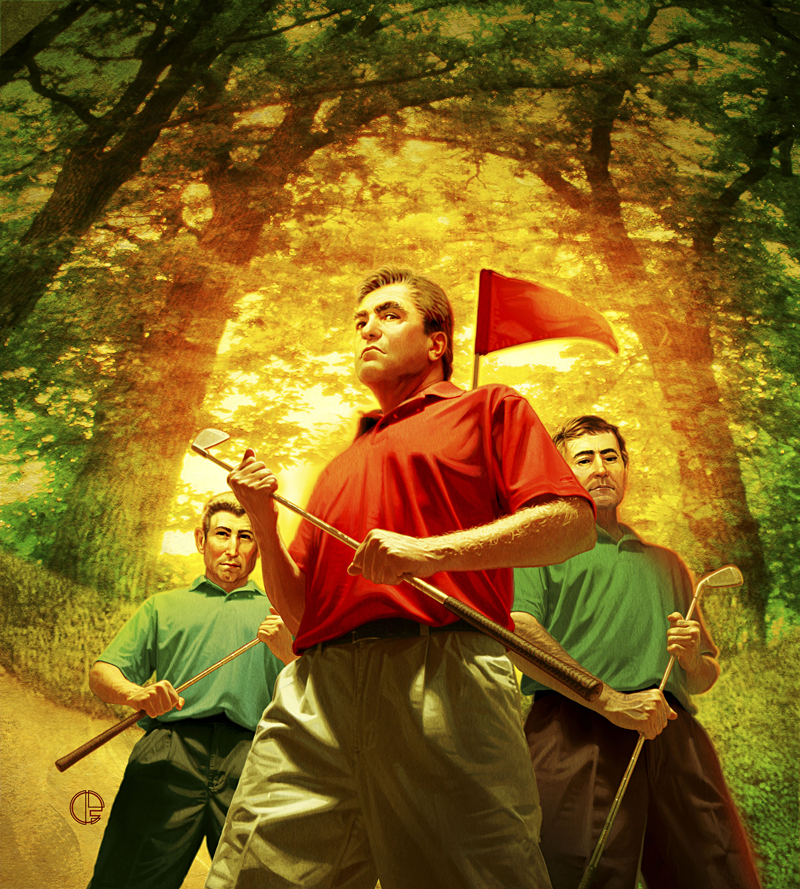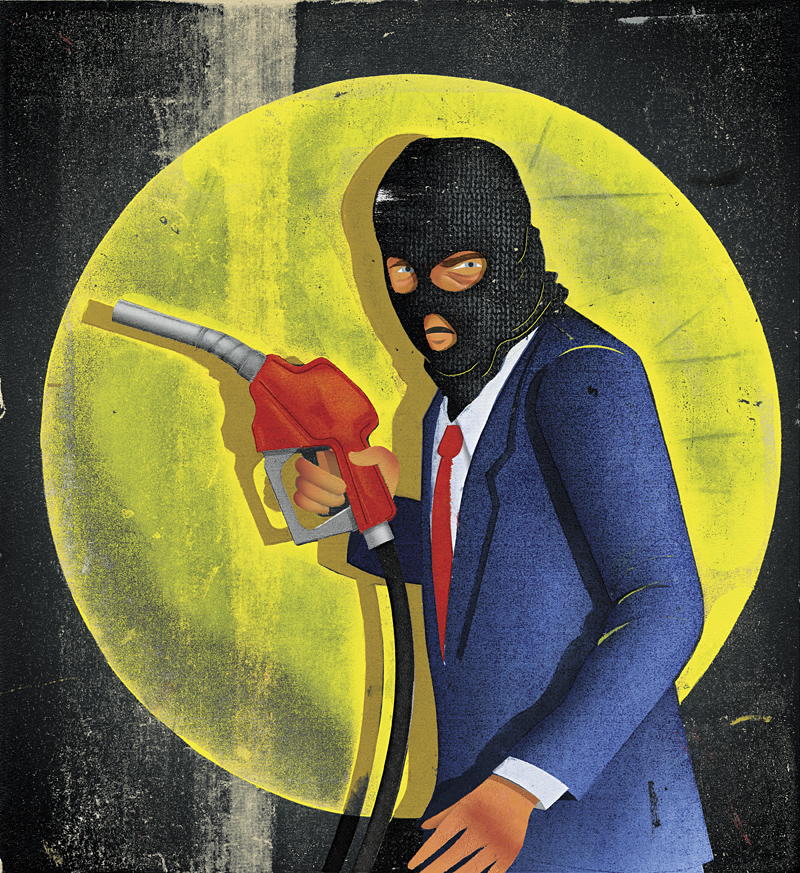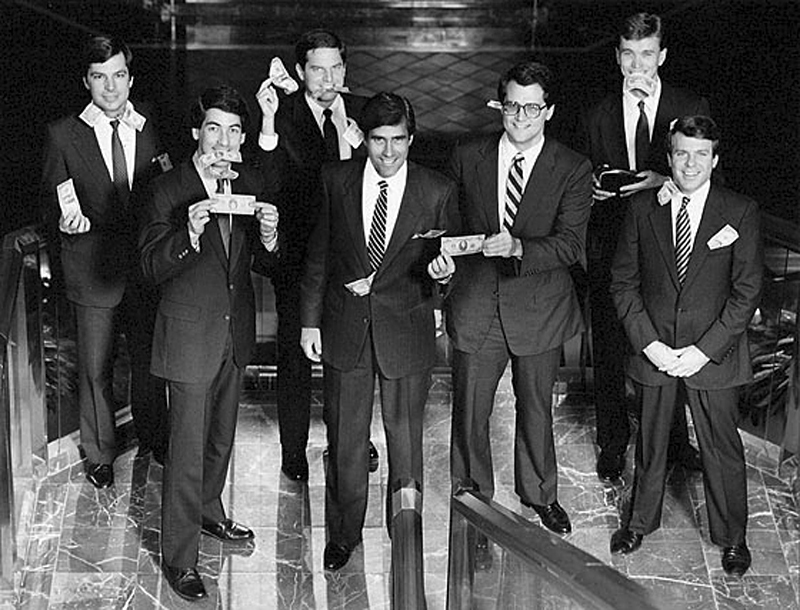Indianapolis is bracing for war. It’s Super Bowl week, after all. Time for the Annual Invasion of the Hookers, which promises to be as harrowing as the Ottoman Empire’s advance on Crete in 1647, though with considerably more nudity.
Yes, one of America’s great urban legends is again being trotted out just in time for kick-off: the notion that legions of out-of-town prostitutes descend on whichever city hosts America’s Big Game.
This time around, it’s Indiana attorney general Greg Zoeller who’s milking the hysteria for political gain.
Zoeller is riding the momentum of a hoax that’s reignited before every major sporting event, be it the Super Bowl, the World Cup, the Olympics, or the NBA All-Star game. Alarming figures are pulled from the mist of imagination, where extra zeros apparently come free with every purchase. Anywhere from 10,000 to 100,000 hookers will be coming to town! Hide the women and children! And perhaps the more effeminate men as well! You know, just in case!
It’s a myth that’s played to sell-out crowds for more than a decade. But there’s been trouble at the box office in recent years. No one gets too excited about garden-variety prostitution anymore. As a culture-war wedge, it’s so 1912. So promoters of the panic have changed their advertising. Instead of adult harlots, the siege now consists of underage girls.
This year it’s Indianapolis that’s marshaling its defenses. Seven hundred cabbies have been trained to spot the victims of pimps. Nuns have been dispatched to hotels to lecture staff. Special soap—more than 16,000 bars, reports the Indiana Statesman—is being placed in hotel rooms, stamped with phrases like “Are You Witnessing Young Girls Being Prostituted?” In the event that the answer is yes, national hotline numbers are conveniently being stamped on bathroom walls.
Not to be left out, the Indiana legislature rammed through an emergency bill to keep the state safe for the game. Sell a child under age 16 for sex in the Hoosier State, and you’re now looking at up to 50 years. The legislation passed unanimously in both houses. Not a single elected official questioned the need for the bill—or asked whether it might make more sense for the state to provide money for the treatment of actual victims of underage prostitution.
In the words of the Muncie Free Press, lawmakers “managed to outlaw underage prostitution in Indiana just in time for the Super Bowl on Sunday.”
Villains of America, be forewarned.
“Our information is that it’s typical for an increase in demand for commercial sex at a big event,” says Abby Kuzma, director of consumer protection for Zoeller’s office. “Our information is that it’s all about the money. They are willing to go wherever the money is.”
You don’t have the heart to tell her her information is wrong. Very wrong.
Said Phoenix police Sergeant Tommy Thompson after the 2008 Super Bowl: “We may have had certain precincts that were going gangbusters looking for prostitutes, but they were picking up your everyday street prostitutes. They didn’t notice any sort of glitch in the number of prostitution arrests leading up to the Super Bowl.”
Said Tampa police spokeswoman Andrea Davis after the 2009 Super Bowl: “We didn’t see a huge influx in prostitutes coming into Tampa. The arrests were not a lot higher. They were almost the same.”
Last year’s panic came courtesy of Texas Attorney General Greg Abbott. Maybe he didn’t have access to Google, so he didn’t know any better. Or maybe, just maybe, he decided that a little false delirium was a small price to pay to see the two most glorious words in the English language—“Greg Abbott”—prominently featured in headlines for months before the Dallas Super Bowl.
Abbott organized task forces with the FBI, ICE, and Homeland Security. He raised an army of volunteers from religious and women’s groups. All were on deck to rescue the thousands of underage girls who’d be sold like ground chuck throughout Big D.
Word was that 100,000 hookers could arrive—and that as many 38,000 would be underage. Even flight attendants were trained to spot trafficking victims—which shouldn’t have been difficult, since it would have taken 57 Boeing 747s to fly them all to town.
As politicians and activists continued to crank up the fear factor, NFL spokesman Brian McCarthy had enough. “This is urban legend that is pure pulp fiction,” he said in January 2011. “I would refer you to your local law-enforcement officials.”
Sure enough, when it was all over, cops had managed just 105 arrests metrowide, mostly by rousting the local talent. Twelve women faced penalties no greater than for speeding tickets. Only two arrests involved human trafficking.
Cops in Germany, Canada, and South Africa offered similar testimony following the World Cup and the Olympics. But these men and women who deal with prostitution every day aren’t the ones crying wolf in the first place. The hysteria most always comes from the professionals of manufactured outrage: politicians.
The federal government now spends $80 million a year to combat human trafficking. Almost none of that money actually goes to offer help to trafficking victims. Instead, former president George W. Bush created task forces in 92 cities. Each only averages about two sex cases a year. That’s because, statistically speaking, most trafficking has nothing to do with sex.
The vast majority involves forced labor, people indentured to pay off smuggling fees. Hence the lion’s share of traffickers aren’t pimps, but New York restaurateurs, Kansas meatpackers, and large-scale ag companies from Florida to California.
If cops wanted superior hunting, they’d do better to raid the U.S. Chamber of Commerce convention. But that would entail throwing down with the captains of industry, who just happen to own private militias of lawyers. Far easier to challenge the invisible pimps, where there’s no risk of getting nicks in your sword.
That’s the path chosen by Zoeller. He’s not exactly a seasoned crimefighter or man of the street. He made his bones as an aide to Vice President Dan Quayle, then worked the Beltway Republican patronage system before returning to Indiana.
He apparently doesn’t have Google access, either.
Zoeller has been widely cited in the Indiana media for calling the Super Bowl the largest human trafficking event in the country. He championed the new law cracking down on the sexual sale of kids. He’s appeared at press conferences with Indianapolis Colts center Jeff Saturday, urging men to sign pledges foregoing the purchase of young girls. His office has trained more than 2,000 people to spot trafficking during the Super Bowl.
But while his preparations for the onslaught have come with ostentatious flair, our hero hasn’t accomplished much on the ground. So far, the biggest hooker bust came in suburban Greenwood, where a hotel sting netted three arrests. One woman was from Texas. Detectives suspect she showed up for the Super Bowl.
Still, one might think Zoeller’s den is festooned with the scalps of battle, since his hometown annually hosts one of the largest sporting events in the country, the Indianapolis 500. His office has also co-chaired one of Bush’s anti-trafficking task forces since 2005.
But his point woman on trafficking, Abby Kuzma, can’t recall a single human-trafficking arrest at the Indy 500. Either racing fans—mostly poorer, country people—prefer to get amorous with Golden Corral hostesses, or America’s pimps have been calling in sick every year.
Maybe this Super Bowl will be different. Maybe Zoeller’s army will finds legions of prostitutes writhing in the Hilton kiddie pool. For the sake of a lasting national panic, one can only hope.
After all, with attorneys general, state legislators, and soap-dispensing nuns all on the team, it sometimes seems pointless to cry foul. Even the NFL’s McCarthy seems resigned to the idea that America’s political class is simply too invested in the Super Bowl hooker myth to make any protest worthwhile.
Though he was dead right about last year’s game in Dallas, when asked for comment this year McCarthy offered only the following: “The National Football League supports strong human-trafficking laws. Additionally, we work closely with federal, state, and local law enforcement to insure that the Super Bowl is a safe environment for the host community and the fans who enjoy the game and the celebration.”








